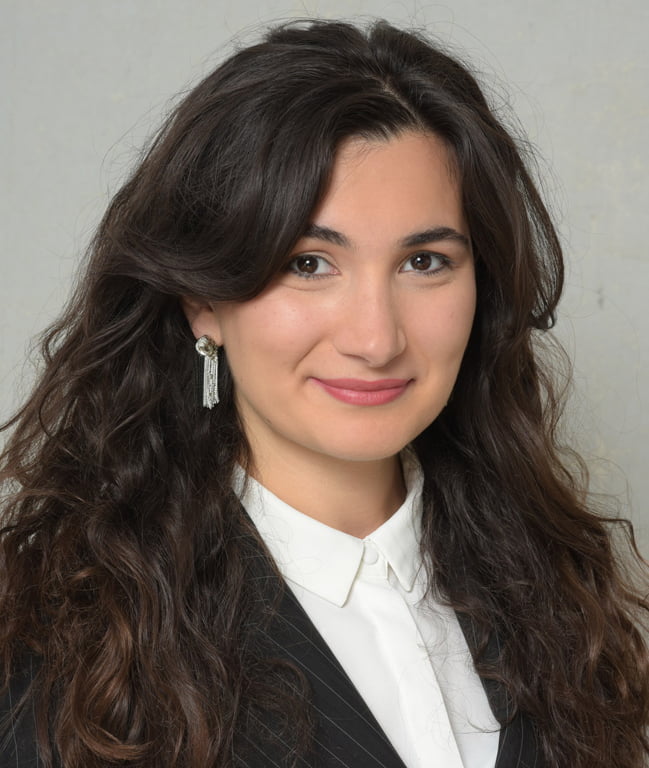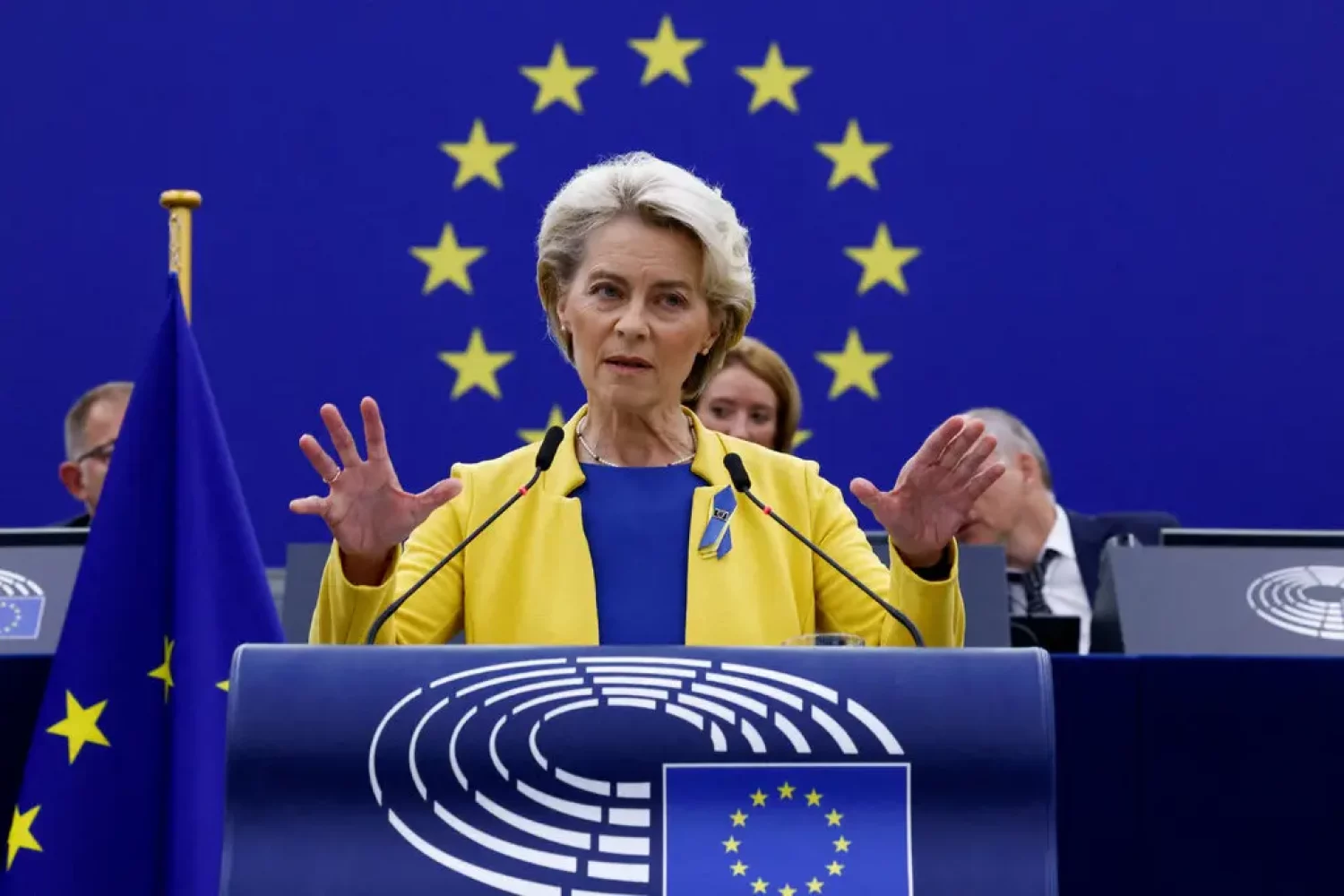Credit…Yves Herman/Reuters
It does not come as a surprise that this year, the state of the European Union address was largely shaped by the ongoing war in Ukraine. Along with Ukraine, Moldova and Georgia were also mentioned more than once in the address by the President of the European Commission, Ursula von der Leyen.
The address, mandated by the Lisbon Treaty and delivered by the President of the European Commission, is supposed to reflect on key developments and set priorities for the EU agenda. There was no doubt the war would figure strongly in the State of the Union address this year and the new candidate countries, Ukraine and Moldova, would have a special place in the speech. But the status of Georgia remained somewhat blurry to many in Brussels and in the capitals across the EU member states. Especially after Macron’s statement in June that Georgia is in a “different place geopolitically.” In this regard, the State of the Union address made it very clear that, together with Ukraine and Moldova, Georgia also belongs to the EU family and its future is in the Union. While the Commission President briefly showed support for Macron’s idea of creating a Political Community, she still made it clear that the Political Community will only complement the EU’s enlargement and will mainly concern countries beyond the accession process.
Putting Georgia in the same basket and geopolitical map as Ukraine and Moldova is a promising sign that the EU is finally learning from its mistakes and misjudgements. As rightly acknowledged by President von der Leyen, the EU should have listened to those who know Putin: “to friends in Ukraine, Moldova, Georgia, and to the opposition in Belarus; to Poland and the Baltics, inside the EU,” who have been saying for years that Putin would not stop.
And, indeed, Putin did not stop after invading Georgia in 2008. He invaded Donbas and annexed Crimea in 2014 before embarking on his mad plan to invade Ukraine. While currently Georgia is not actively at war with Russia, the country has two breakaway regions, equal to one fifth of its territory, under Russian occupation. On top of this, unlike Moldova, Georgia shares a long border with Russia, which makes the country even more exposed to Russia’s military aggression. In this regard, the State of the Union address made it clear that together with the candidate countries, the EU should not and will not abandon Georgia in its fights against autocracy and in defence of its European choice and democratic values.
The State of the Union address contained even more for Georgia. President von der Leyen flagged that democratic institutions should constantly earn citizens’ trust and repeated the importance of judicial independence and eradicating corruption in the EU. While this message fairly applies to the EU, it is even more important for Georgia, with its fragile democracy and serious home-work, the twelve conditions that the country has to fulfil to receive candidate status. In this regard, the State of the Union address sent a strong message that the EU will not compromise on these conditions, particularly on judicial and anti-corruption reforms. This must be considered very seriously by the Georgian Government, which should now be working hard to fulfil the conditions set out by the European Commission in June.
Georgia used to be a front-runner in the EU’s Eastern Neighbourhood on reforms, so the country does not have to start from scratch. But this time fulfilling the conditions mostly boils down to the political will of the ruling party, the Georgian Dream, which has badly damaged its credibility as a reformer in recent years. Besides, with a Russia-backed oligarch informally in charge of the ruling party’s actions, there is no doubt that fulfilling the 12 conditions will be challenging for Georgia. The opposition parties have some leverage to steer the process but to succeed, they must put the country’s interests above their narrow party ambitions and unite in their push for the reform agenda for Georgia’s candidacy. The role of civil society is also very important, as this so-called “third sector” has always effectively mainstreamed the will of Georgian people, which is often contradicted by the actions taken by the Georgian Government.
The EU also has a very important role to play in these complicated processes. The EU has always had sufficient leverage to steer Georgia in the right direction and its guidance and support for Georgia is now more crucial than before. Otherwise, Georgia will be lost to Russia and autocracy will prevail. If that comes to pass, it will be a major failure for the EU in its pursuit to deliver on its geopolitical agenda at a time when the European continent is facing an existential threat.
With that in mind, it is promising that President von der Leyen underscored that this is the time to invest in the power of democracies and this investment should start by strengthening democracies in the countries on the path towards the EU.
We will see how far Georgia will progress towards fulfilling its conditions for candidacy and how much the EU will invest to help Georgia in its struggle for democracy. But one thing is already clear, as rightly pointed out by President von der Leyen: the European Union is not complete without the Western Balkans, Ukraine, Moldova and Georgia.



